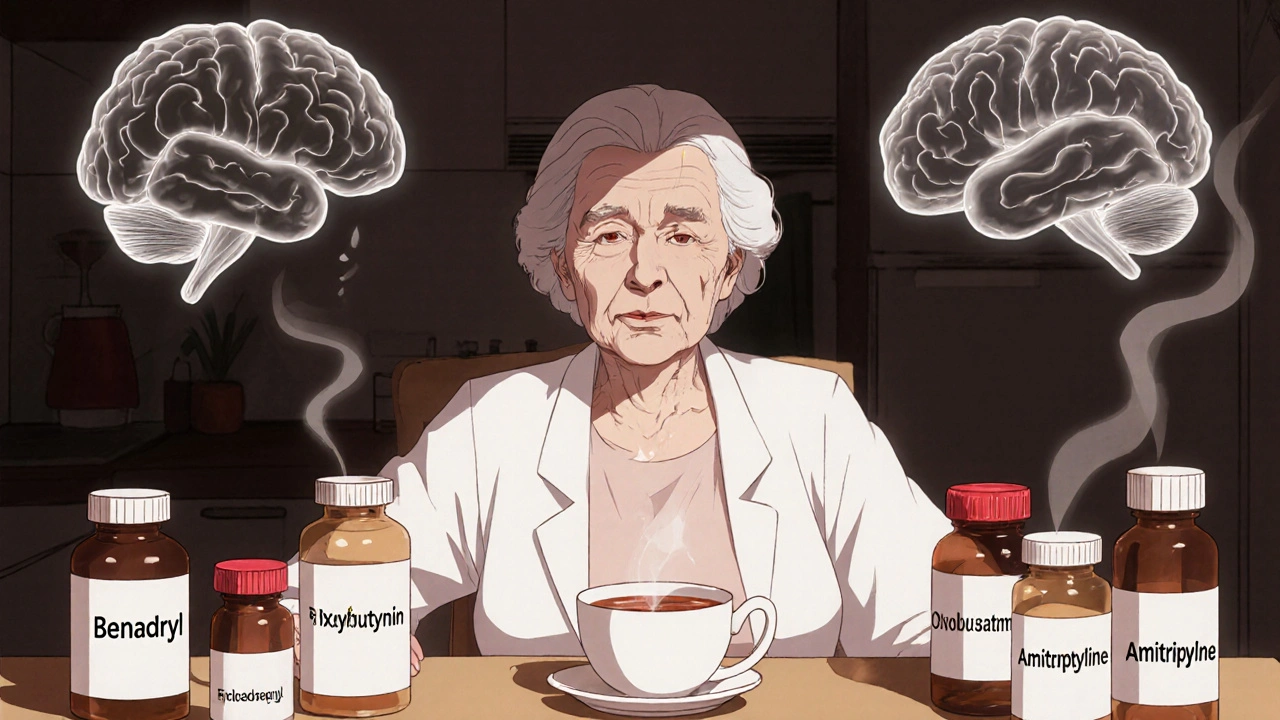Oxybutynin: What It Is, How It Works, and What You Need to Know
When your bladder doesn’t listen to you—suddenly urging you to go, even when it’s not full—you might be dealing with oxybutynin, a medication used to treat overactive bladder by relaxing bladder muscles and reducing sudden urges. Also known by brand names like Ditropan, it’s one of the most common anticholinergic drugs, a class of medications that block acetylcholine, a nerve signal that triggers muscle contractions. This isn’t just about inconvenience; untreated overactive bladder can lead to sleep loss, social anxiety, and even skin infections. Oxybutynin steps in to give you back control, but it’s not without trade-offs.
Oxybutynin doesn’t cure the problem—it manages it. The drug works by calming the detrusor muscle in your bladder, so it doesn’t contract too early or too hard. That means fewer urgent trips to the bathroom, less leakage, and more confidence. But because it affects nerves throughout the body, side effects like dry mouth, constipation, blurry vision, or dizziness are common. People over 65 are especially sensitive to these effects, which is why doctors often start with the lowest dose possible. It’s also not for everyone: if you have glaucoma, severe liver disease, or trouble emptying your bladder completely, oxybutynin could make things worse. That’s why it’s not a one-size-fits-all fix. Many people try it, then switch to other options like tolterodine, solifenacin, or even non-drug approaches like pelvic floor exercises or bladder training.
What you’ll find in the posts below isn’t just a list of articles—it’s a practical guide to real-world decisions. You’ll see how oxybutynin compares to other bladder meds, what to do if it stops working, how to handle side effects without quitting, and why some people find relief with lifestyle changes instead. There’s also coverage of how medications like this interact with other common drugs, what to watch for in seniors, and how to avoid dangerous overlaps when seeing multiple doctors. This isn’t theory. It’s what people actually deal with when they’re trying to live normally with an overactive bladder.
Anticholinergics: How These Common Medications Affect Memory and Cause Dry Mouth
Anticholinergic medications like oxybutynin and Benadryl can cause memory loss, brain shrinkage, and chronic dry mouth-especially in older adults. Learn which drugs are most risky and what safer alternatives exist.
